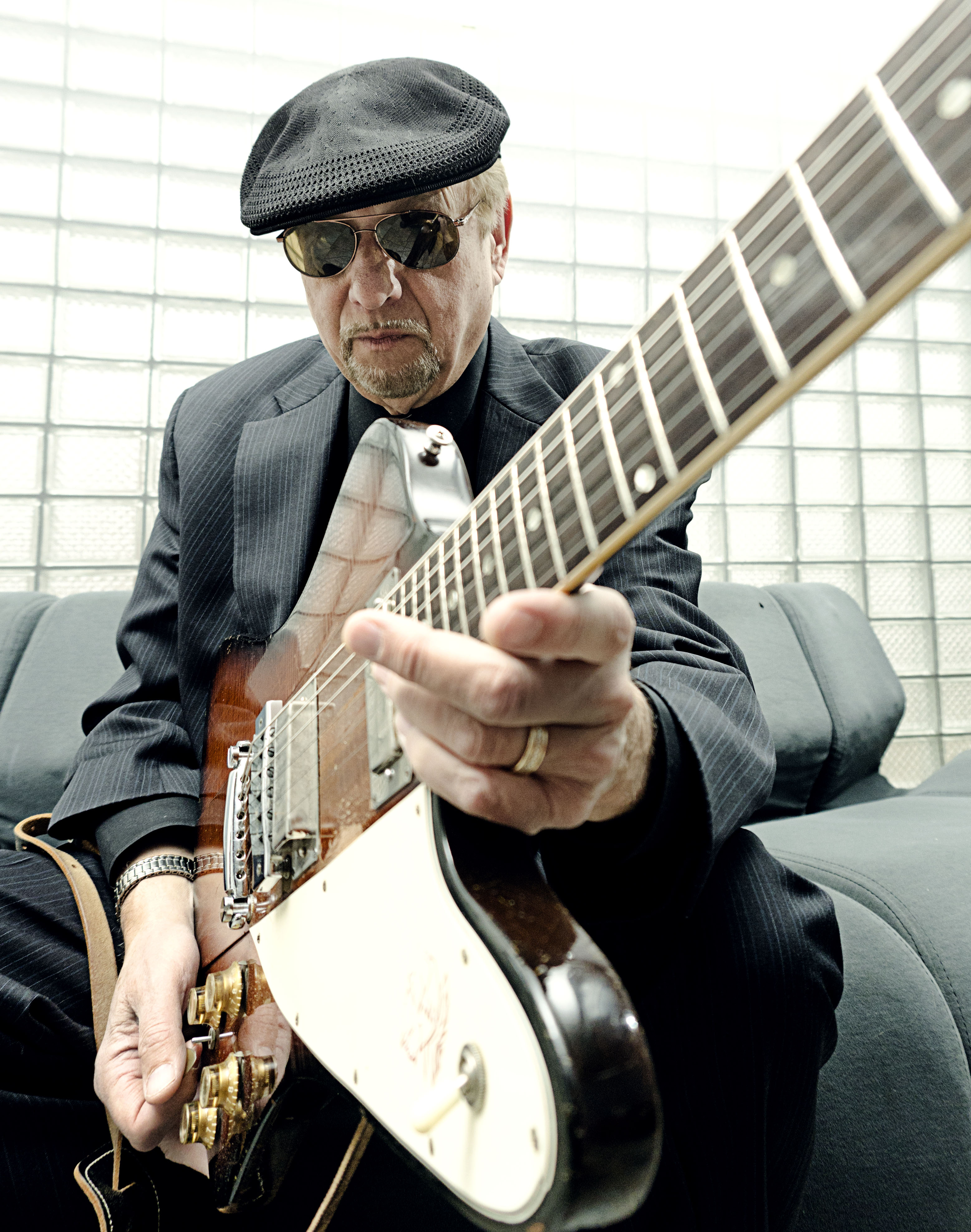Between Takes: The Motown Sound That Started in the Upper Peninsula
In Episode 002 of Between Takes, Motown session musician, Dennis Coffey, talks about getting his first guitar — a Hawaiian steel guitar.

Welcome to Between Takes; where artists and musicians tell stories about what happens behind the scenes.
WDET’s Sam Beaubien has been dedicated to making music in Detroit for 20 years, and this series connects you with the stories he has heard on gigs and at recording sessions.
Get a look into Stevie Wonders audition for Motown Records, sessions with funk master George Clinton, renowned hip-hop producer J Dilla’s first days with a drum machine, and many more stories about what shaped the legacy of this musical city.
Episode 002
“They taught me a few songs and some chords in those two weeks and then I was kind of inspired and that was it, I was off to the races.”

Dennis Coffey is one of the most prolific session musicians in American music, and is known for his guitar work on many Motown classics.
Coffey received his first guitar from his mother’s boyfriend, who unknowingly gifted him a Hawaiian steel guitar. He had to take the instrument to a local repair shop to get it converted to a standard guitar, and soon after traveled to the Upper Peninsula with his new guitar to visit his family. His cousins in the U.P. played country and western music — a formative two-week period for the young guitarist.
By the age of 15, Coffey began playing on recording sessions. His first session was in 1956 with Rockabilly musician, Vic Gallon. You can hear a 15-year-old Coffey playing a solo on the song “I’m Gone.”
Coffey volunteered for the Vietnam draft when he turned 18, and joined the 101st Airborne Division. While in the military, he had a record deal and was performing under the name Clark Summit and released two 7” singles, “I’m Gone” and “Why Not.”
Two weeks after getting discharged from the army, Coffey began performing six nights a week at the Willis Show Bar in Detroit. His first recording sessions were with groups like The Volumes and Del Shannon, which also included Coffey’s good friend and future Motown bassist, Bob Babbitt.
“In the early 60’s, it seemed like every record store had a studio in the back and a little label,” Coffey says. “Because of Motown, all these people got deals.”
Trusted, accurate, up-to-date
WDET is here to keep you informed on essential information, news and resources related to COVID-19.
This is a stressful, insecure time for many. So it’s more important than ever for you, our listeners and readers, who are able to donate to keep supporting WDET’s mission. Please make a gift today.

